Top 7 Questions Boys & Girls Clubs Have About Freight Farms
I’m Answering Boys & Girls Clubs’ Questions Following the BGCA National Conference
Tommy Garry (left), article author, with the Freight Farms team at the Boys & Girls Clubs of America National Conference
I recently had the opportunity to exhibit at the Boys & Girls Clubs of America National Conference with a few other members of the Freight Farms team.
Because our company has partnered with several Boys & Girls Clubs to start container farms at after-school programs (and hopes to partner with more in the future), this conference was particularly valuable. It gave us the chance to meet Clubs from all around the country and really hear their goals, successes, pain points, and questions for us.
I am the Customer Success Manager at Freight Farms. So when Clubs described their desire to start a Club container farming program, but expressed their hesitancy around funding, farm operator, and program sustainability, I got it. As someone who focuses on customer success, I try to ensure that all Freight Farm projects are successful and have the resources needed to realize their plans. Part of that is being realistic about the constraints your organization is facing.
That said, I think that Boys & Girls Clubs have a great chance of running successful container farming programs — especially with the support that Freight Farms offers. So in response to the conference, I want to address your questions and hangups.
Keep reading for answers to the following:
How do I find someone to manage the Freight Farm?
How do I raise funds to purchase the farm and afford ongoing costs in labor and supplies?
How do I build a curriculum around a Freight Farm?
What support does Freight Farms provide?
What benefits could a Freight Farm provide to my Club and the kids we serve?
What other Clubs and nonprofits have a Freight Farm, and how did they build their programs?
I’m interested, but I don’t feel like my Club has the bandwidth for this.
Q: How do I find someone to manage the Freight Farm?
A: A very valid question — and an important one! Having a lead farmer is critical to the success of your farming program. It ensures that farm activities and maintenance won’t slip through the cracks and that you can produce a steady supply of fresh food to address food access, be a revenue source to support programming, and engage youth. It works best if your lead farmer focuses solely on the farm (and doesn’t have additional roles within the Club). Freight Farms provides training to help the lead farmer get up to speed on the operation of a Freight Farm. (Learn more about our training programs.)
Here are some places to look for lead farmers to manage your Freight Farm:
Graduates of your local vocational school
Graduates with degrees in nutrition, dietetics, sustainability, horticulture, agriculture, or education
People with a background in farm-to-table or commercial cooking
Job forums like Indeed and LinkedIn
Social media like Instagram and Facebook groups
Qualified alumni of your Boys & Girls Club
Q: How do I raise funds to purchase the farm and afford ongoing costs in labor and supplies?
A: Other Boys & Girls Clubs with Freight Farms have reported that funders and donors are enthusiastic about supporting container farming projects. Freight Farms present multiple benefits — food access, education, STEM, sustainability, and volunteerism, to name a few — meaning they fall under a wide variety of grants. Supporting innovative, mission-aligned projects like Freight Farms is an opportunity funders jump on, reports Boys & Girls Clubs of Metro South, which has two Freight Farms.
It is important to consider not just the initial farm purchase but also the operating cost of the farm. If you plan to sell the produce your Club grows in your farm, that can be a way of earning revenue to support the project. However, if you plan to put the produce toward feeding Club kids and families (for free), you should write the cost of farm labor, maintenance, and supplies into your budget and ensure your funding will cover it in years to come.
To learn how much it costs to start and sustain a Freight Farm, visit our pricing page.
We also have materials you can share with stakeholders such as board members and donors to communicate your project and its benefits. These include our booklet for Boys & Girls Clubs and our Freight Farms Business Presentation Template. To access these resources, contact our team.
Q: How do I build a curriculum around a Freight Farm?
A: Luckily, we have this one figured out for you. We recently created an Education Program Guide & Curriculum with the help of a former Freight Farm educator. This guide lays out a collection of educational activities, both tangential to the farm and directly related to farm operations and maintenance, for a variety of ages. Of course, you are always welcome to create your own curriculum, too!
Here are just a few lessons from the Freight Farms Education Program Guide & Curriculum:
Experiencing the farm through the five senses
Seeding, transplanting, and harvesting in the farm
Seedling dissection
Art activities
Here’s a sample of the guide. Contact our team for the full Education Program Guide & Curriculum!
Q: What support does Freight Farms provide?
A: As a Customer Success Manager, this is my favorite topic! The Freight Farms team is always here to support you.
Training
We provide training before you start farming. Either:
Farm Camp: Training in a group setting at our headquarters with other new Freight Farmers.
On-Site Launch: At your location, with you, your farm operator, Club educators, and any other stakeholders, our team helps you launch your farm and trains you in operating it.
Site Preparation, Delivery & Launch
Our team supports you through the process of finding and preparing a farm site, farm delivery, and launching your farm.
Customer Success
As you get your farming feet under you, we establish regular check-ins to make sure everything is going well.
Technical Support
Throughout your farming journey, we provide you with technical support. If anything goes wrong inside your farm, our team is here to help you fix it.
Digital Resources
Our farmers have access to farmhand® Knowledge Base, a library of articles on container farming; farmhand Academy, a digital training platform; and farmhand Community, a forum for you to connect and seek the advice of other Freight Farmers and Freight Farms staff.
We’re by your side every step of the way! If there’s something you need, we’re here for you.
Q: What benefits could a Freight Farm provide to my Club and the kids we serve?
A: The beauty of a Freight Farm is it is yours and can therefore be applied to your program and community in a number of different ways. Some of those might include providing:
The Club community with a source of fresh, nutritious food
A platform for education — creative activities, STEM, SEL, healthy futures, food and nutrition, etc.
Workforce development
Opportunities to engage community volunteers
A revenue stream for your organization, if you sell the produce you grow
A space for mental health support and healing
Q: What other Clubs and nonprofits have a Freight Farm, and how did they build their programs?
A: Learning from other Boys & Girls Clubs with container farms is a great way to conceptualize your own container farming project.
Boys & Girls Clubs with Freight Farms include:
Boys & Girls Clubs of Metro South — Brockton and Taunton, MA
This Club uses their two farms for education, food access, and volunteerism. View their story →
Boys & Girls Clubs of the Capital Area — Troy, NY
This Club partnered with a local bank for their farm. They use it for workforce development and STEM learning. View their story →
Boys & Girls Clubs of Greater Houston — Houston, TX
Boys & Girls Clubs of Metro Los Angeles — Los Angeles, CA
Other nonprofits with Freight Farms that run programming similar to Boys & Girls Clubs include:
Lotus House Shelter — Miami, FL
This women's and children’s shelter uses their farm for education, food access, therapy and mental health, and nutrition programming. View their story →
San Antonio Clubhouse — San Antonio, TX
This organization supports people experiencing mental illness. Their farm provides community, mental health support, and meaningful work opportunities for members. View their story →
Each Freight Farming program is unique, so I encourage you to view their stories to learn exactly how they started and sustain their farming programs. Each link contains information on the nature of the organization’s farming program, how they fund(ed) it, how it’s integrated into their community, and how the nonprofit manages the container farm.
Q: I’m interested, but I don’t feel like my Club has the bandwidth for this.
A: This is an important instinct to listen to. Above all, Freight Farms wants our farmers to be successful — and for a Club already stretched thin, with employees juggling many responsibilities, a Freight Farm could be a burdensome undertaking.
However, if you do have the bandwidth to pursue funding to both purchase a Freight Farm (see the funding question) and an operator to manage it (see the management question), a farm may be feasible for you.
Overall, the conference made me more excited than ever about the potential that Freight Farms hold for Boys & Girls Clubs. Meeting with BGCA representatives from across the country made it clear that the organization is filled with passionate people who care deeply about the needs of the children and families they serve.
It was also clear that Boys & Girls Clubs remain a cornerstone of their communities. So, what better place to also serve as a hub for food access? They already provide food for Club kids — some multiple times a day. The Clubs we spoke to at the conference were excited by the idea of enhancing this role with fresher food.
If you’re still feeling hesitant, that’s okay! Bringing a Freight Farm to your Club is a big undertaking. I’d encourage you to check out our webpage for Boys & Girls Clubs and speak to a Freight Farms Account Executive about your hopes and hangups. You can also view the recording of our recent webinar with Boys & Girls Clubs of Metro South, which already operates two Freight Farms, for insight. Access the webinar below.
Webinar Access
Learn from the successes of Boys & Girls Clubs of Metro South in this webinar. Get concrete tips and tricks:
How to leverage funding
How to engage volunteers
Essentials for farm program sustainability
Curriculum ideas for kids grades K–12+
Complete the form to access the webinar:

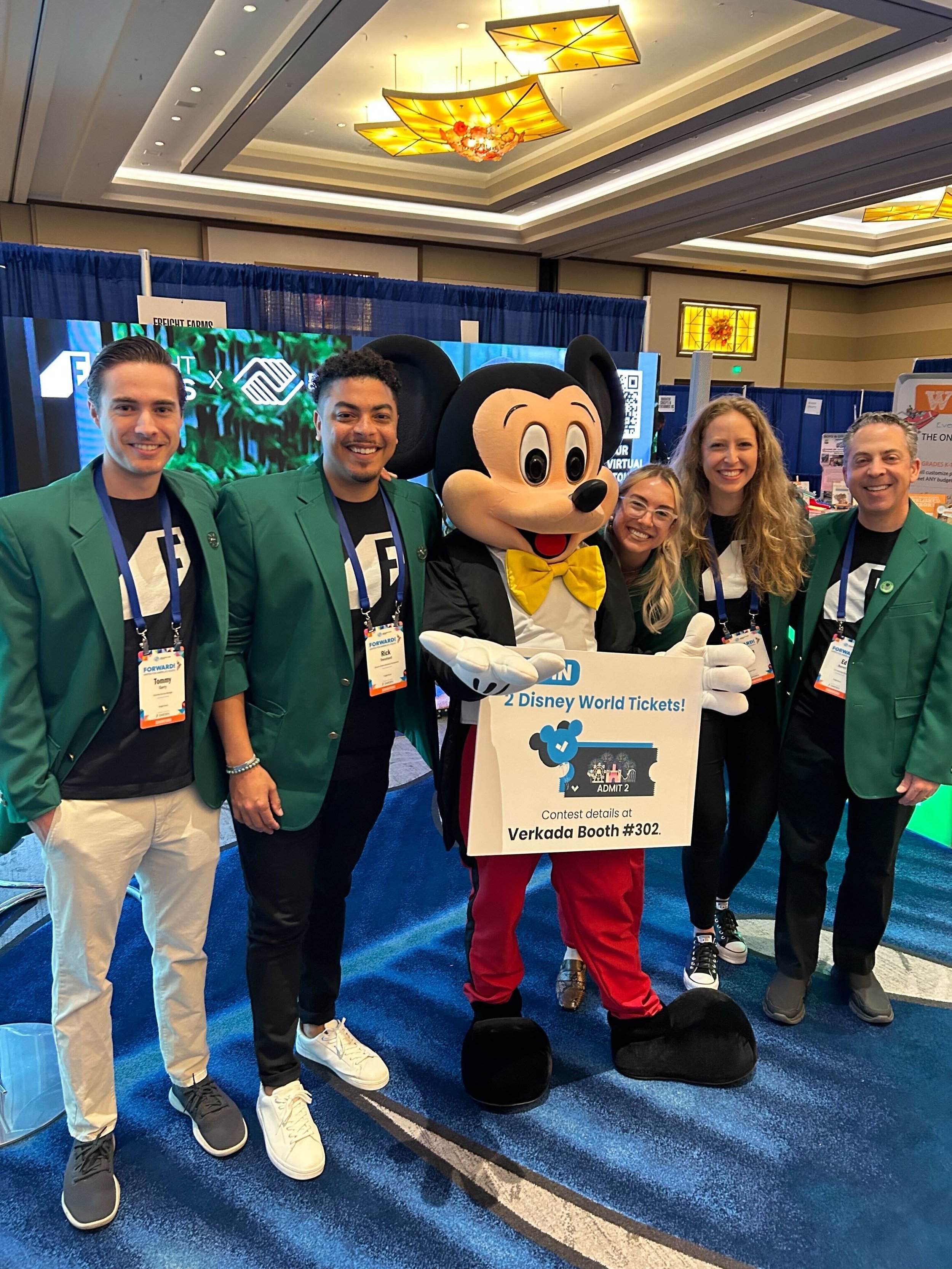

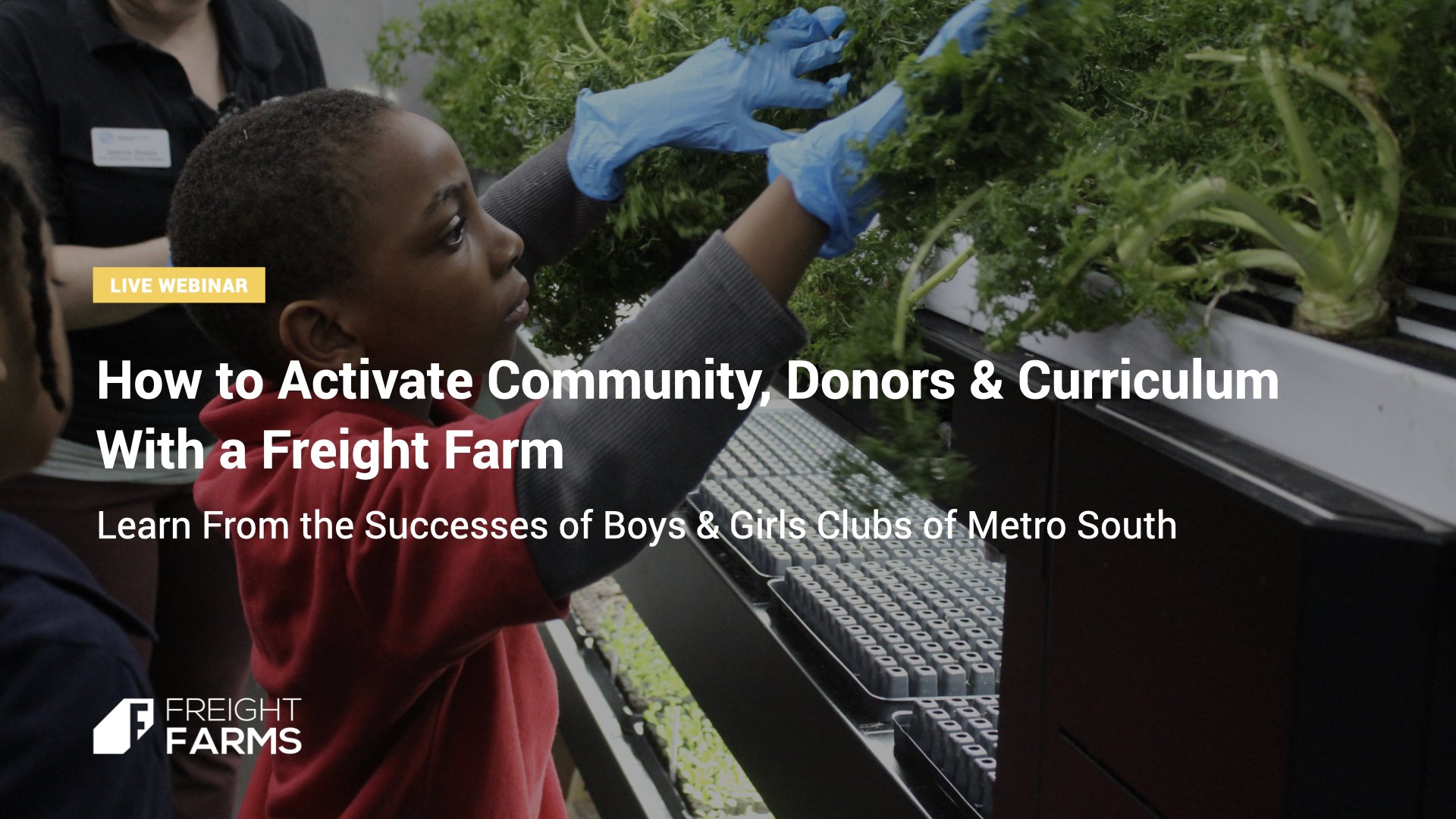

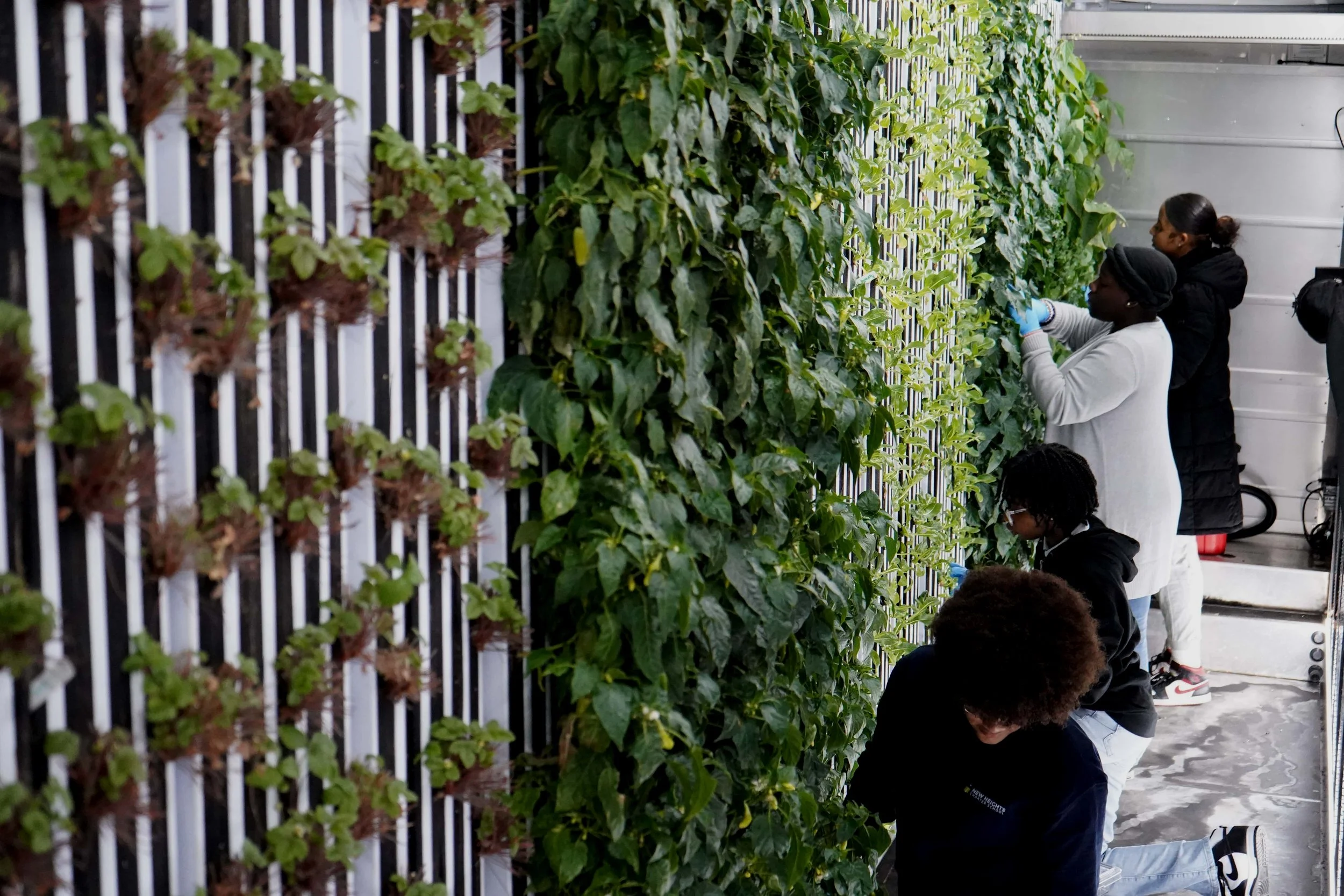










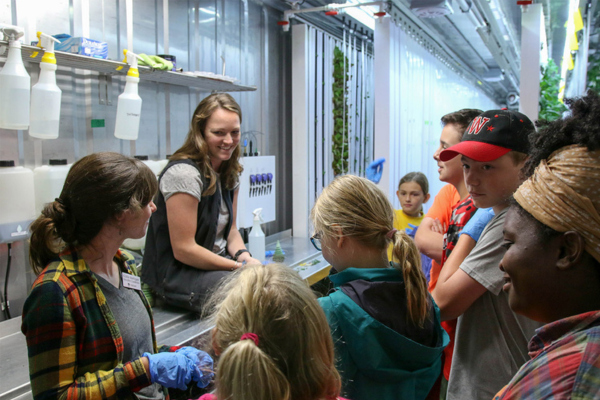







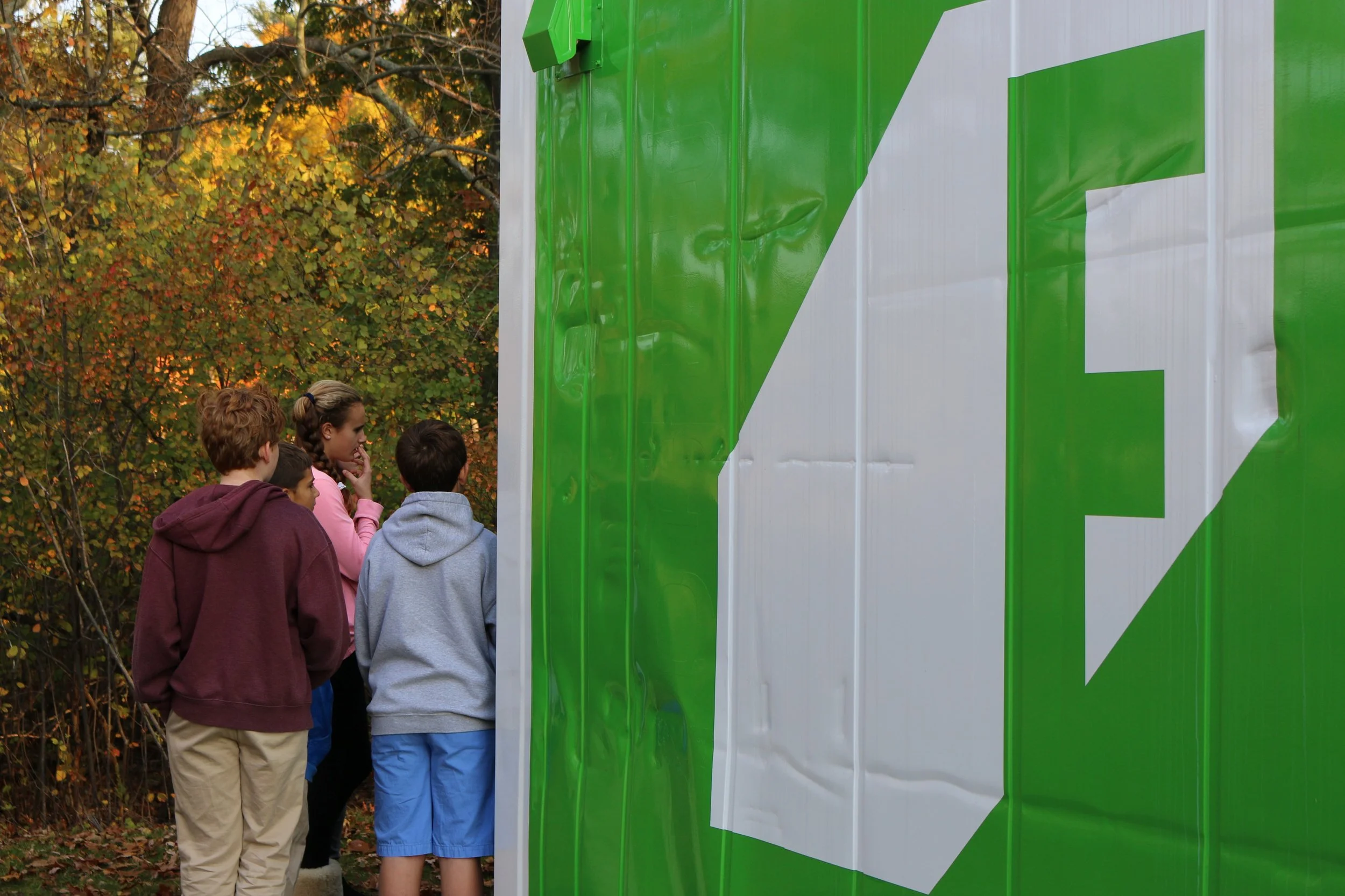



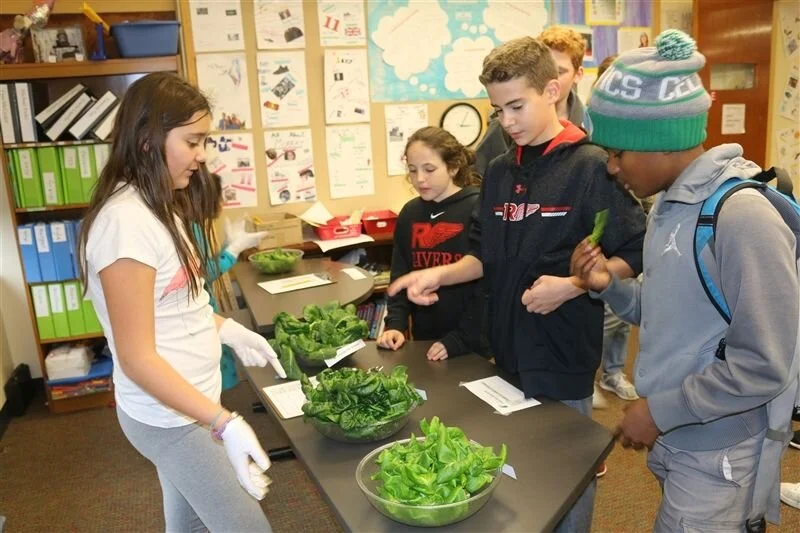
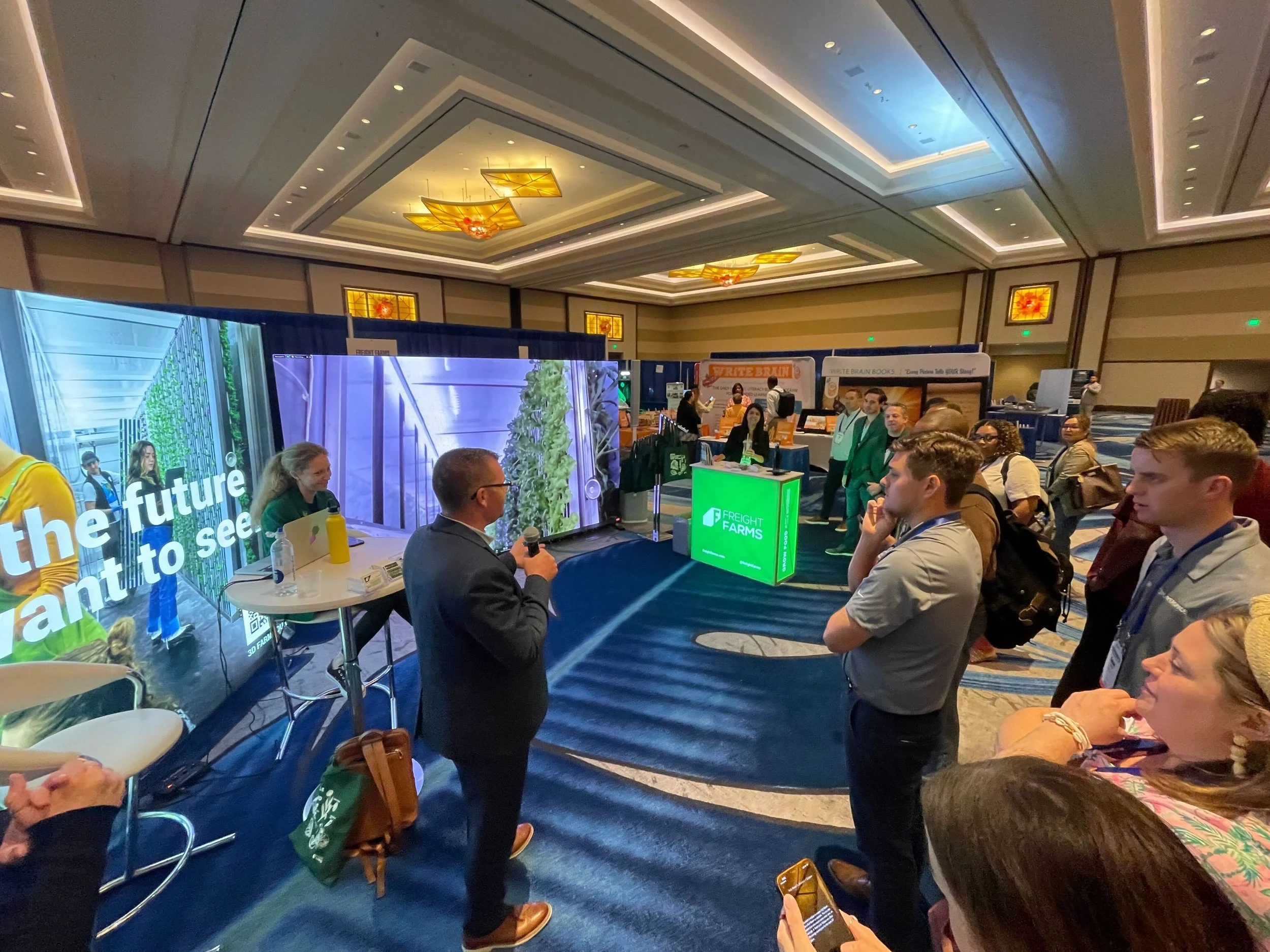
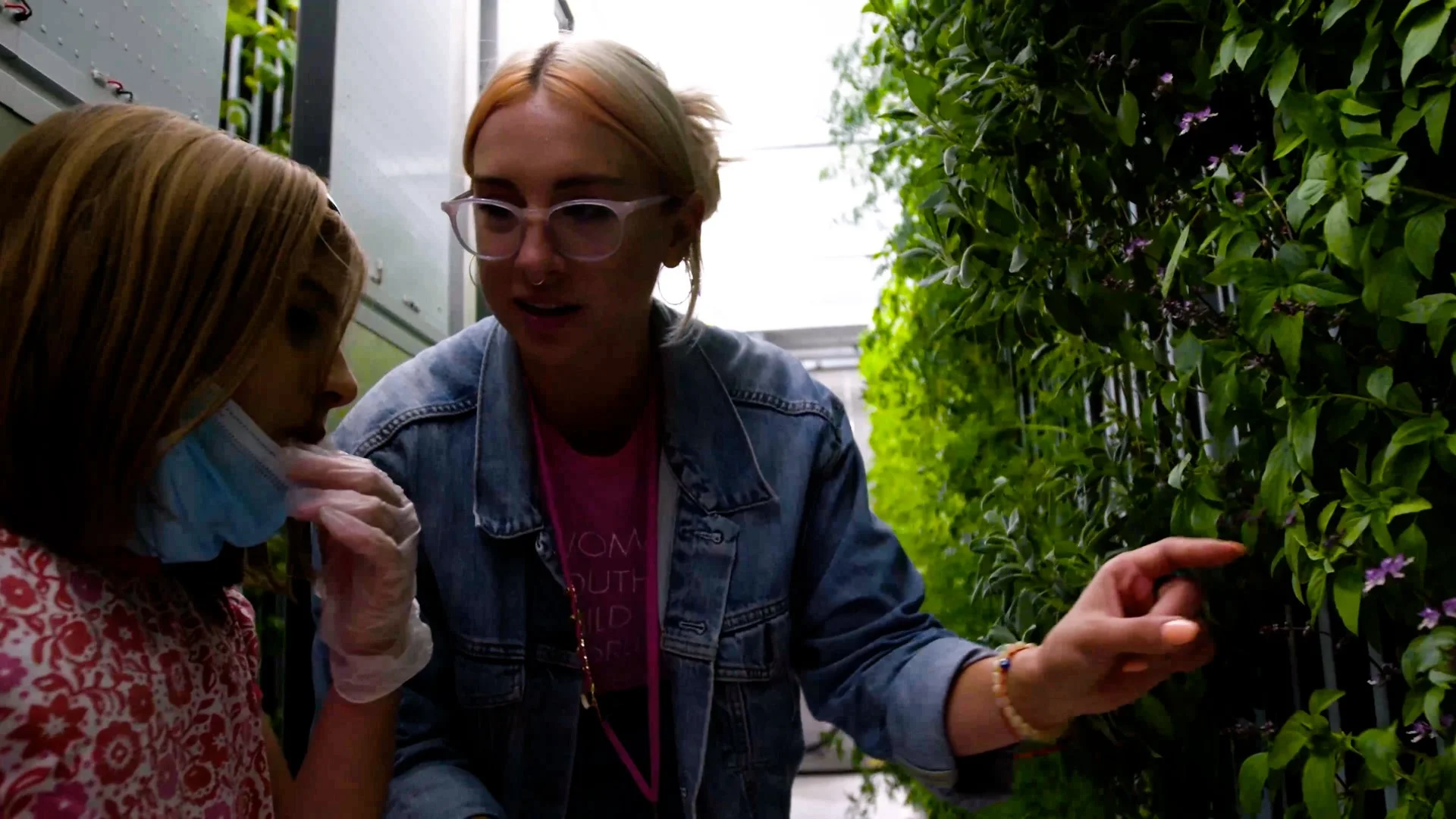

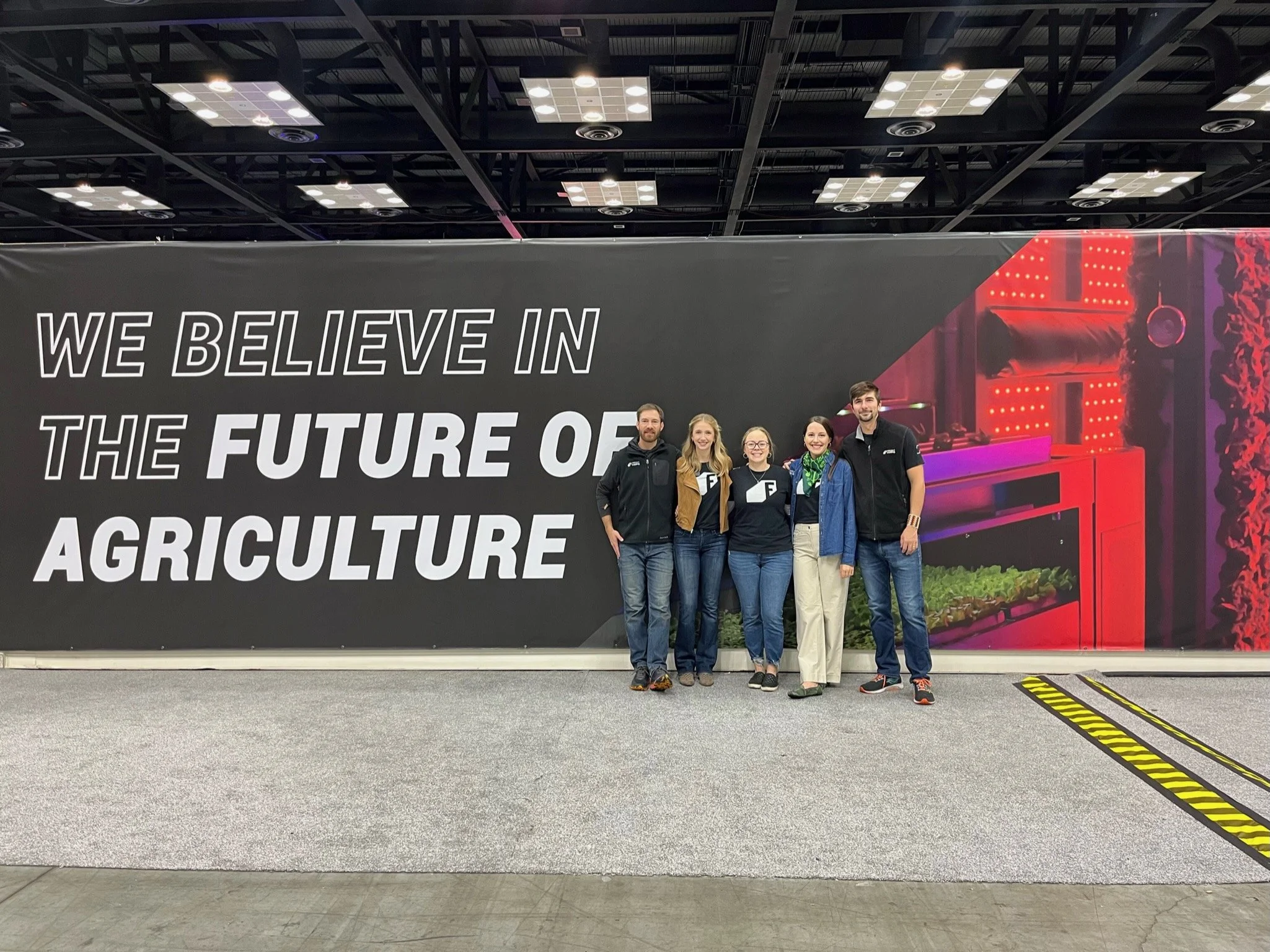
Malnutrition impacts up to half of hospital patients, but a new solution is taking root—container farming. By growing nutrient-rich produce directly on hospital campuses, healthcare providers can serve fresher food, reduce waste, and improve patient recovery. Hospitals like AdventHealth Celebration have seen over 200% salad bar revenue growth and major sustainability gains. Discover how this “Food as Medicine” approach is transforming patient care and hospital operations.